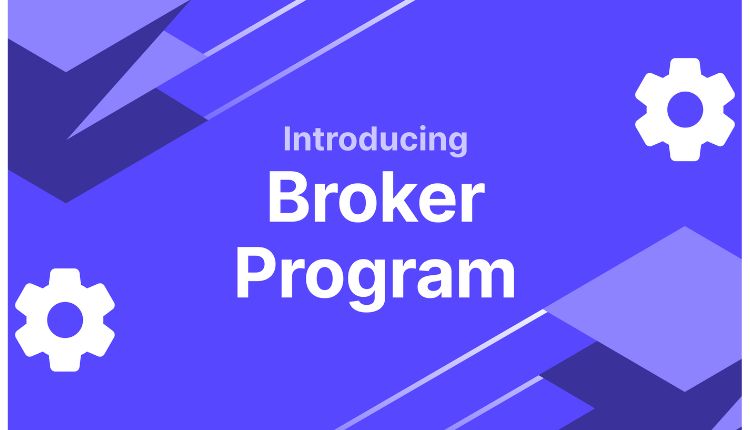A broker is a platform that provides access to financial markets and the tools to conduct trades. They also provide market data and analysis. Brokers offer various types of brokerage accounts. Reduce back-office burden and increase visibility. Reduce duplicate data entry and automate processes to free up your time for growth.
Table of Contents
Online Brokerage Account
An online brokerage account is a type of investment account that lets you buy and sell investments. The process of opening an account is generally quick and straightforward, but you must be prepared to provide identifying information. Most brokerage firms also require a minimum deposit amount. You can fund your new account using an electronic funds transfer, a wire transfer or a check. Some brokers also accept stock certificates.
In addition to fees for trading, most brokers charge annual and inactivity fees. These fees can add up quickly, so it’s important to keep an eye on them. You can minimize these fees by avoiding unnecessary features, such as extra charges for research or trading منصة eo broker access.
A good broker is one that offers a well-rounded experience for investors. It should offer the best tools, research and customer service. It should also offer competitive trading costs and low minimums to open accounts. It should also be a member of the Securities Investor Protection Corporation (SIPC). This will protect your cash and investments in the event of a brokerage failure.
Managed Brokerage Account
Many brokers offer a managed brokerage account for investors who want to be hands-off about their investments. The brokerage firm facilitates trades on behalf of customers and acts as a broker and dealer depending on the nature of the market.
A brokerage firm can offer different investment options to its clients, including individual stocks, mutual funds, exchange-traded funds and bonds. Some may also offer access to cryptocurrencies and foreign exchange markets. Brokerages differ in their investment offerings, so it is important to compare them before selecting one.
A managed brokerage account offers professional management of your assets, but you still make the decisions about which investments to purchase and sell. These accounts are often more expensive than a regular brokerage account and include management fees and other expenses. The broker will also charge a transaction fee for each trade. However, some brokerages have low or zero transaction fees. Additionally, many brokers will let you use your existing assets to make trades without charging a margin fee.
Full-Service Brokerage Account
Full service brokerage firms offer a variety of services to their clients, including financial advice, research and analysis, retirement planning, tax tips, and estate planning. However, these services come at a cost, and they charge higher commissions than discount brokers. They are typically used by high-net-worth individuals who seek personalization and expanded services.
Brokerage accounts are offered by stockbroker firms and allow you to buy and sell investments on the market. These brokers act as middlemen between you and your investments, allowing you to buy and sell stocks, mutual funds, ETFs, and bonds. They also provide trading platforms and fundamental and technical analysis tools.
Some full-service brokerage firms have large research departments that provide their clients with proprietary detailed reports and recommendations. Some even have investment banking divisions, which give certain accredited investor clients access to special financial products such as IPOs and senior notes. They may also be able to negotiate discounts on exchange fees.
Online Stock Broker
Choosing an online stock broker is an important decision that will affect your investing experience. The best online brokers offer a wide variety of features, tools and research to help you make informed trades. They also provide excellent customer service and a safe environment for trading. They will also provide educational resources, including webinars and YouTube videos. Additionally, they may offer additional services, such as paper trading, which allows investors to practice their strategies without risking real money.
A stock broker is an intermediary that matches buyers and sellers of securities on the exchange. Many online stock brokers are discount brokers and do not charge a commission for normal trades. However, some full-service brokerage firms still charge a fee for each trade. They also often charge a per-contract fee for options trades. Fortunately, most of the top online brokers have eliminated these fees. Moreover, they have improved their platforms to give investors more control over their trades.
Wrapping It Up
A broker is a person who works on commission, typically ensuring smooth transactions between investors and an exchange. They make a salary and can oversee real estate agents or even an entire brokerage firm. Grow your business and save time with a single, comprehensive technology stack. Bring in-house admin tasks like enrollment management, rates and contribution calculations, and eSignatures into one place with Brokermint.
